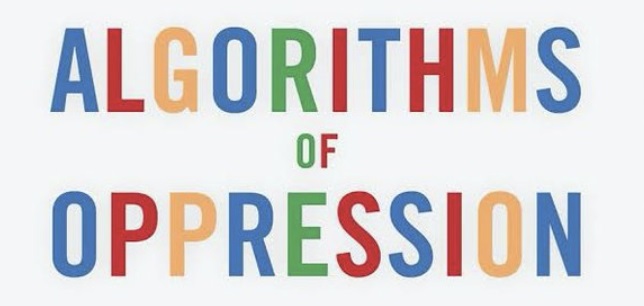It’s not “just an algorithm”
Safiya Umoja Noble, known for her best-selling book, Algorithms of Oppression: How Search Engines Reinforce Racism, as well as her scholarship in Information Studies and African American studies at UCLA, visited Pitt the week of January 24. She spoke with participants in the Sawyer Seminar, gave a public talk and spoke with me in an interview for the Info Ecosystems Podcast. In Algorithms of Oppression, Dr. Noble described her experiences searching for terms related to race, women, and girls, such as “black girls” and encountering pornographic or racist content. These initial searches led her to years of study in information science, using the first page of Google search results as data. Coming from an advertising background before obtaining her Ph.D. in Library and Information Sciences, Dr. Noble was uniquely situated in the early 2010s to recognize Google for the advertising company it really is, while working in a field where many scholars around her viewed it as a source with exciting potential. Noble’s book examines what is present and absent in that first page of search results, and what those results say about the underlying mechanisms of organizing information and corporate decisions that enable those searches to occur. To open her public talk, Dr. Noble discussed several events that have occurred since her book was published in 2018. They notably included the exposure of Facebook’s privacy violations from 2017–2018 and the use of facial recognition technology by law enforcement and in public housing, despite research from Dr. Joy Buolamwini indicating that facial recognition and analysis algorithms are inaccurate and can be discriminatory when applied to people of color. Over Read More



